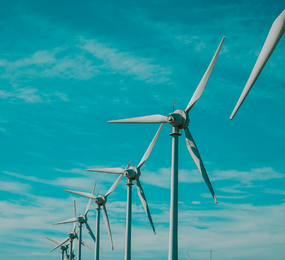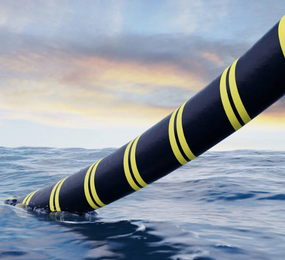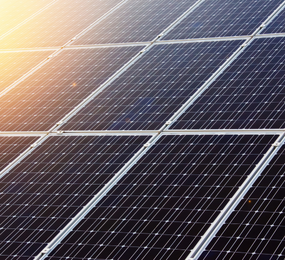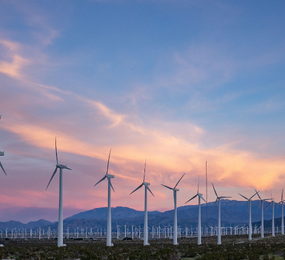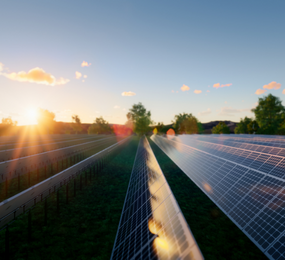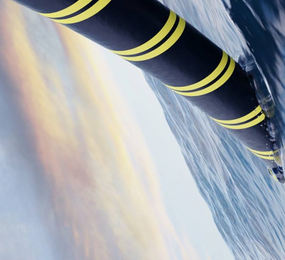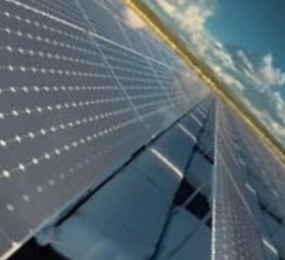A comprehensive approach is needed to understand the role of biopolymers in a circular economy. Compared to fossil-based plastics, bio-based products can have better material characteristics and a longer lifespan. The idea of a circular economy acknowledges how important it is for the economy to function well at all sizes, including those of large and small businesses, organisations, and individuals operating locally and worldwide.
A wide range of products, from bio-based to biodegradable, are made up of biopolymers. When we talk about biodegradable plastics, we mean that these polymers can decompose under regulated conditions, such as in agricultural soil, industrial compost, or household compost. The end of life where this micro-organic activity takes place is organic recycling. National or international standards that specify the reference framework, the testing procedures, and the pertinent environment must be included with biodegradability claims. Independent certificates based on these accepted standards serve as verification of a particular biopolymer grade's complete biological degradability.
By bringing production and consumption together in a closed loop, circular economies help us move away from the linear Take-Make-Waste extractive model and toward one that is more environmentally friendly. In a circular economy, it is necessary to develop materials, products, and business models that are built on reuse in order to prevent waste and wasted resources.
Food waste and other organic waste are converted into compost in a biological circular economy, which can be utilised to improve soil. With regard to global warming, carbon dioxide, which is produced during the decomposition process of composting, is significantly less harmful than methane gas. Compost contains additional nutrients besides carbon dioxide that can improve soil quality. Utilising compost to grow food allows us to reduce the use of artificial fertilisers and irrigation.
In order to meet the challenges that the entire globe must confront, the production processes and business models are being adjusted globally. These include Climatic Change and Plastic Waste in the Oceans. There is a strong push to use materials with sustainable sourcing and to put the circular economy's principles into practice. The idea of a circular economy is fundamentally one that is restorative by design. It is founded on the idea that whereas biological flows are intended to safely rejoin and replace the natural world, material flows are caught and reused. The circular economy is not complete without the bioeconomy. Because it is difficult to run an economy without the bioeconomy, we are unable to manage the circular economy without any new resources being added. Due to their potential to decompose more quickly than the ocean's perpetual plastics, biomaterials have recently gained interest.
Biopolymers increase plastic product end-of-life possibilities and cut greenhouse gas emissions. By completing the nutrient cycle of the food value chain, from production through ethical consumption to organic recycling and compost for agricultural soil, they help the circular economy. They accomplish this by extending the shelf life of fresh food, making organic trash collection easier, and reducing the risk of microplastics from improper plastic waste ending up in organic recycling or agricultural soil. Fruit and vegetable food losses, which are responsible for 30% of all food waste-related greenhouse gas emissions, are decreased. Additionally, composting the soil results in a notable rise in soil organic carbon. Thus biopolymers reduce the carbon footprint and support the sustainable handling of food along the value chain.
This forum can be of interest to everyone working with bio-based polymers, as well as anyone who wants to take the first steps towards integration of processes into a more sustainable economy. Join us on 1st - 2nd March, 2023 for the World Biopolymers and Bioplastics Innovation Forum, in Berlin, Germany to find out!
To register or learn more about the Forum please check here: https://bit.ly/3TQ1k8m
For more information and group participation, contact us: [email protected]


